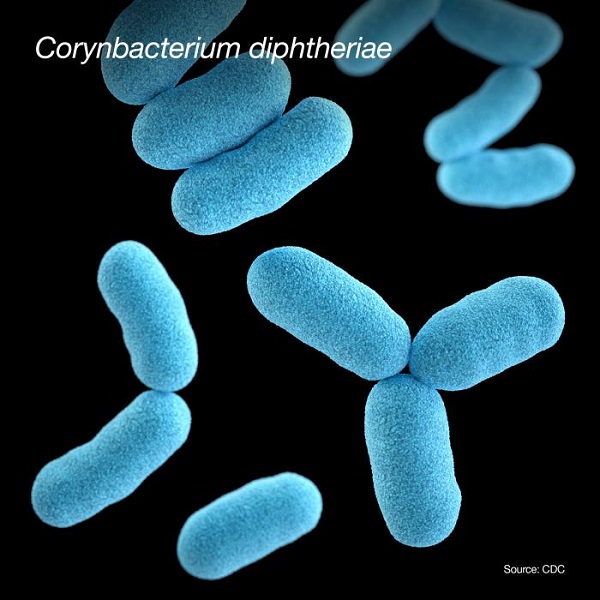
Representatives from across the 36 states and the FCT convened in a crucial planning meeting to address the ongoing diphtheria outbreak that has affected several regions of the country.
The meeting, held on Monday in Abuja, brought together these officials as not just state representatives but as guardians of health, protectors of lives and champions in the battle against diphtheria.
Diphtheria, a preventable disease, particularly affects vulnerable populations like children. It is a serious bacterial infection caused by the bacterium Corynebacterium species, primarily impacting the nose, throat and, sometimes, the skin.
The executive director of the National Primary Health Care Development Agency (NPHCDA), Dr. Faisal Shuaib addressed the gathering, emphasising the representatives’ role in tackling this outbreak. He noted that diphtheria had disrupted the lives of many citizens and the representatives acknowledged their shared responsibility to confront this challenge head-on.
“This meeting was not just about planning; it was about the representatives’ commitment, collaboration and compassion towards the countless lives that depend on their decisions and actions,” Shuaib said. “The aim is to ensure that no child, family, or community would have to endure the pain and suffering that diphtheria inflicts.”
While the NPHCDA had taken significant steps in the battle against the outbreak, Shuaib recognised that the road ahead was long and arduous. Nevertheless, he expressed confidence that together, they could turn the tide and halt the spread of this disease in the country.
“The planning session was not just about numbers and logistics; it was about the passion and dedication that each representative brought to this fight,” he emphasised. “It was about our collective wisdom, shared experiences and unwavering commitment to the people they serve”.
Shuaib acknowledged that their efforts extended far beyond the walls of the meeting room, impacting families, schools and communities. He urged them to be bold in their aspirations and practical in their strategies, harnessing the power of science, the dedication of healthcare workers and the resilience of their communities to end the outbreak.
With a renewed sense of purpose and a clear roadmap for action, Shuaib expressed the agency’s deep appreciation for each other’s presence and commitment to this cause. Their vision, he reiterated, was a Nigeria where no child suffered from preventable diseases.
It’s worth noting that the Nigeria Centre for Disease Control and Prevention (NCDC) has responded to reports of diphtheria cases in Lagos and Kano states and is monitoring the situation in Osun and Yobe states where cases are now being reported.
In addition to clinically suspected cases, there have been laboratory-confirmed cases and the NCDC is collaborating with State Ministries of Health and partners to enhance surveillance and response to the outbreak. This includes public awareness campaigns on how to stay safe at home and in communities.
People most at risk of contracting diphtheria include children and adults who have not received any or a single dose of the pentavalent vaccine (a diphtheria toxoid-containing vaccine), those who live in crowded environments, and individuals residing in areas with poor sanitation. Healthcare workers and others exposed to suspected or confirmed cases of diphtheria are also at risk.
Diphtheria spreads easily through direct contact with infected individuals, droplets from coughing or sneezing and contact with contaminated clothing and objects. The onset of symptoms typically occurs 2 to 10 days after exposure and includes fever, runny nose, sore throat, cough, red eyes (conjunctivitis), neck swelling and, in severe cases, a thick grey or white patch on the tonsils and/or at the back of the throat, often accompanied by difficulty breathing.
The Nigeria childhood immunisation schedule recommends three doses of the pentavalent vaccine (diphtheria toxoid-containing vaccine) for children in the 6th, 10th and 14th weeks of life.

